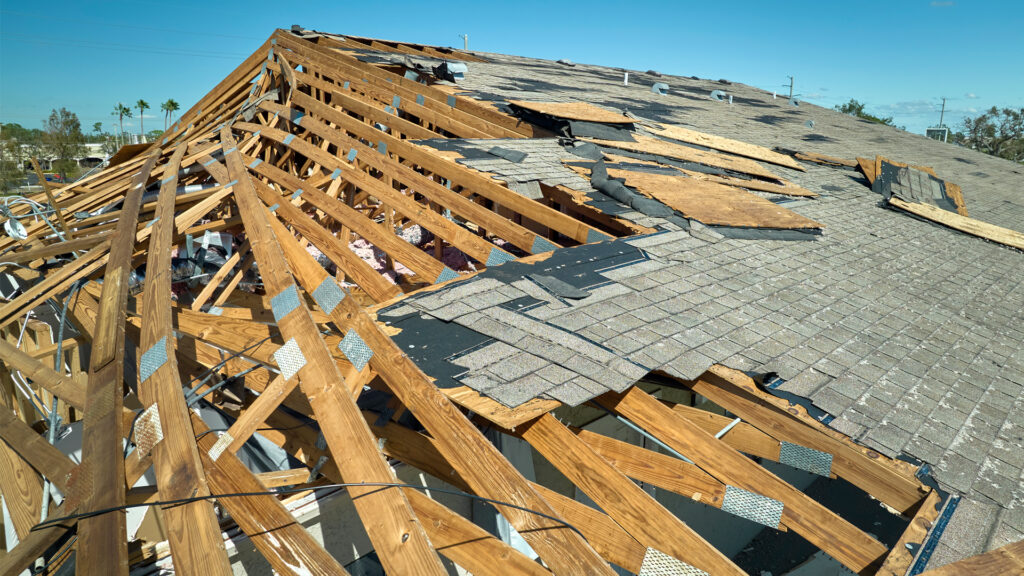By the Miami Herald Editorial Board
It’s going to be a white-knuckle hurricane season for many Floridians, starting June 1.
That’s because meteorologists with the National Oceanic and Atmospheric Administration predict a record-breaking season, with many storms forming, which increases the chances of those storms becoming hurricanes and heading directly at us.
That’s always bad news, but there is an extra layer of concern this year, a troubling perfect storm for some Floridians. That’s because the record number of storms expected coincides with a growing number of Floridians who no longer have homeowners insurance either because they were dropped by their carrier or simply can’t afford the exorbitant increases imposed on homeowners. The Insurance Information Institute estimated last year that 15% to 20% of Florida homeowners were forgoing coverage, more than the 12% national average, the Herald reported.
The scenario is bleak. NOAA is predicting 17 to 25 named storms, with eight to 13 becoming hurricanes and four to seven becoming major hurricanes. Will hurricanes line up that way? Heaven help us.

This surpasses the average season and is well above even the extremely active seasons in 2020 and 2022, when Southwest Florida was smacked by Hurricane Ian.
With the potential for numerous powerful storms to aim at Florida, all residents need to prepare now for the challenges ahead.
Needless to say, those likely most at risk are the estimated 600,000 Florida homeowners who have canceled their policies as insurers double and triple rates in some areas, according to the Insurance Information Institute. The average insurance premium cost for Florida homeowners is $6,000 a year, according to the institute. That’s more than triple the national average and about three times what Floridians paid on average in 2018.
Without insurance, these families have no financial protection if their homes are damaged or destroyed by a hurricane. You’re on your own. As June 1 approaches, those still hunting for affordable coverage may find pickings even slimmer with insurers bracing for a torrent of claims.
This hurricane season feels more like a horror movie than ever before. Rising seas and intensifying storms are fueled by the warm ocean waters that surround Florida. We can see that climate change is visibly and clearly impacting our weather like never before. Will it supersize our hurricanes?
Here’s where Floridians should get mad: Despite calling a special session on property insurance in 2022, the Florida Legislature has done little to lower premiums and residents are left to fend for themselves. If hurricanes hit multiple spots in Florida like a pinball, they’ll have to step in and help. Lawmakers, too, should brace for this predicted mean season.
All Floridians must take this warning seriously. Prepare your homes and finances the best you can for potential storm impacts now before disaster strikes.
Those uninsured need to research assistance programs and start financial planning in case they take a direct hit.
And Florida must find long-term solutions to ensure the insurance market can still function with climate change.
Half measures will no longer suffice — major reforms are required to protect residents from future catastrophe.
Let’s hope this hurricane season is not a bitter lesson, but a warning.
This opinion piece was originally published by the Miami Herald, which is a media partner of The Invading Sea. Miami Herald Editorial Board members are: opinion editor Amy Driscoll and editorial writers Luisa Yanez and Isadora Rangel.
If you are interested in submitting an opinion piece to The Invading Sea, email Editor Nathan Crabbe at ncrabbe@fau.edu. Sign up for The Invading Sea newsletter by visiting here.



